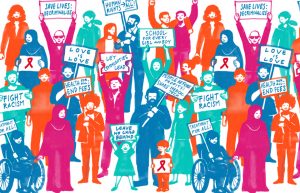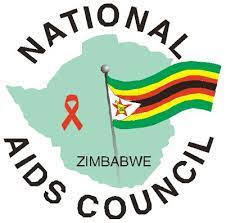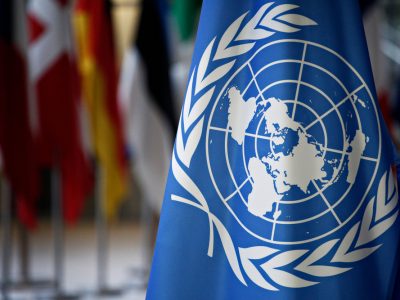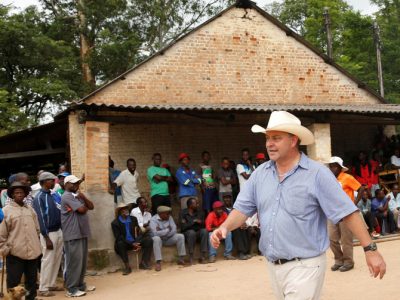Today the 1st of December 2022 is World Aids Day commemorated annually as a way of
remembering those who succumbed to the disease, following National Aids Council (NAC) launch of the theme for the 2022 World Aids Day,
which is being commemorated today.Meanwhile , Zimbabwe has also taken upon itself to fight the HIV AIDS pandemic through technology as World Links and its project partners have been running the AIDSWEB project in secondary schools in Africa using information and communications technology (ICT) to promote HIV/AIDS education and prevention activities. Early results from the project suggest that technology can play a complementary and useful role in helping combat this horrible pandemic.
NAC chief executive officer Dr Bernard Madzima said the theme, together with a theme song and logo, will be used for
HIV/AIDS campaigns over the next year.
World Aids Day is commemorated annual across the world
the theme –
“Equalise” – has been localised to ensure communities can identify with it.
“Ladies and gentlemen, the global World Aids campaign theme for 2022 is Equalise. As
usual, our teams went out to gather community views for localising the theme and
developing campaign messages.

“That process allows for local ownership of the theme so that communities can identify
with it and promote it,” Dr Madzima said.
“The global theme is now supported by the local pay-off line A-E-I-O-U, which, as
explained, encapsules key elements of Access, Empower, Inclusion, Opportunities and
Upholding of Human Rights.”
Information and communications technologies (ICT) complements other Information Education and Communications (IEC) campaigns designed to reach youth. The same technology resources – e-mail, CD-ROMs, listserves and the World Wide Web – that can link HIV/AIDS educators and activists around the world, also holds great promise for reaching youth, who typically embrace the use of the technology for entertainment, learning and communication when given access to these resources.
Recent reports have provided highlights on the use of ICT to combat HIV/AIDS. In November 2001, a consultant for the International Development Research Council produced a comprehensive report showcasing several pilot project activities in this area. Among other conclusions, the author recommended the importance of teaching girls and young women how to use the Internet (3). Other evidence also suggests that women with the mastery of almost any level of ICTs increase their self-esteem and has spillover effects into other activities that work toward poverty alleviation, an important element in decreasing their susceptibility to economic situations which put them at greater risk of catching HIV/AIDS.
Through a partnership with a Zimbabwean NGO, the Training and Research Support Center (TARSC), a pilot example of this latter activity has been developed whose dynamic adolescent reproductive health activity pack, “Auntie Stella”, is now available at www.auntiestella.org and features thirty question and answer cards, based on the problem page letters to magazines “Agony Aunts” and radio helplines which teenagers identified as a popular source of information.
A student from Zimbabwe,Strive Mazunga, commenting on his participation in the project, said: “This project has really taken me to another stage in my life. I’ve learnt to help any of my friends and relatives whenever they are in need. With this project I’ve learnt how people take this issue of the pandemic. Some of the things, which I didn’t know like the other secrets of the spread of HIV, have now been made clear with my participation in this project.”










Comments